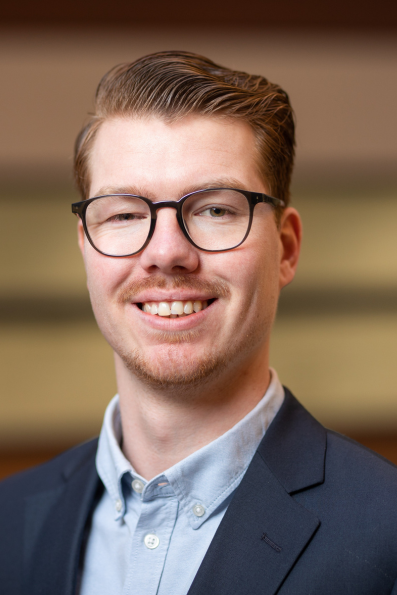What inspired you to pursue a scientific career, and how has that motivation changed over time?
From a young age, I was curious about how things worked, thanks to my father, who was an electrician. I enjoyed tinkering with electrical devices to see how they were put together. My passion for theoretical chemistry emerged during a Computational Chemistry course at the VU (Vrije Universiteit Amsterdam). Deriving new chemical theories from quantum chemical calculations to understand the behavior of molecules and reactions still inspires me today. Additionally, I draw a lot of energy from teaching and guiding the next generation of chemists. As chair of the outreach committee in the Department of Chemistry and Pharmaceutical Sciences, I aim to show future students how important chemistry, particularly theoretical chemistry, is in solving major societal challenges.
What role do collaboration and interdisciplinary approaches play in your work?
Collaboration and interdisciplinarity are essential, especially when addressing complex global challenges. By working with scientists outside our field, we gain valuable insights and expertise. In chemistry, the synergy between theory and experiment is indispensable. I advocate for a theory-driven approach, where quantum chemical calculations help us design molecular architectures and conditions for chemical transformations. These calculations guide experiments, allowing us to achieve results more efficiently without relying too much on time-consuming trial-and-error methods.
How does your work contribute to broader societal or global challenges?
While my research is fundamentally focused on understanding chemical processes on surfaces, it has significant implications for global challenges, such as renewable energy. In my lab, for example, we investigate how the structural and electronic properties of single-atom catalysts influence the production of green hydrogen. The insights from this research help develop new, sustainable catalysts for renewable energy. I believe fundamental research is crucial in tackling broader societal and global problems.
Tell us something we don't know about you. Hobbies, interests...
I am a big football fan and love both playing and watching the game. Every Thursday evening, I play a 5-a-side match with the same team I've been with for over 15 years. Like Niels Bohr, one of the pioneers of quantum theory, I play as a goalkeeper. Football helps me relax and focus on one task: preventing goals. My partner, Suna, and I also enjoy watching horror movies to unwind, and we often spend time in nature hiking to escape the city.
